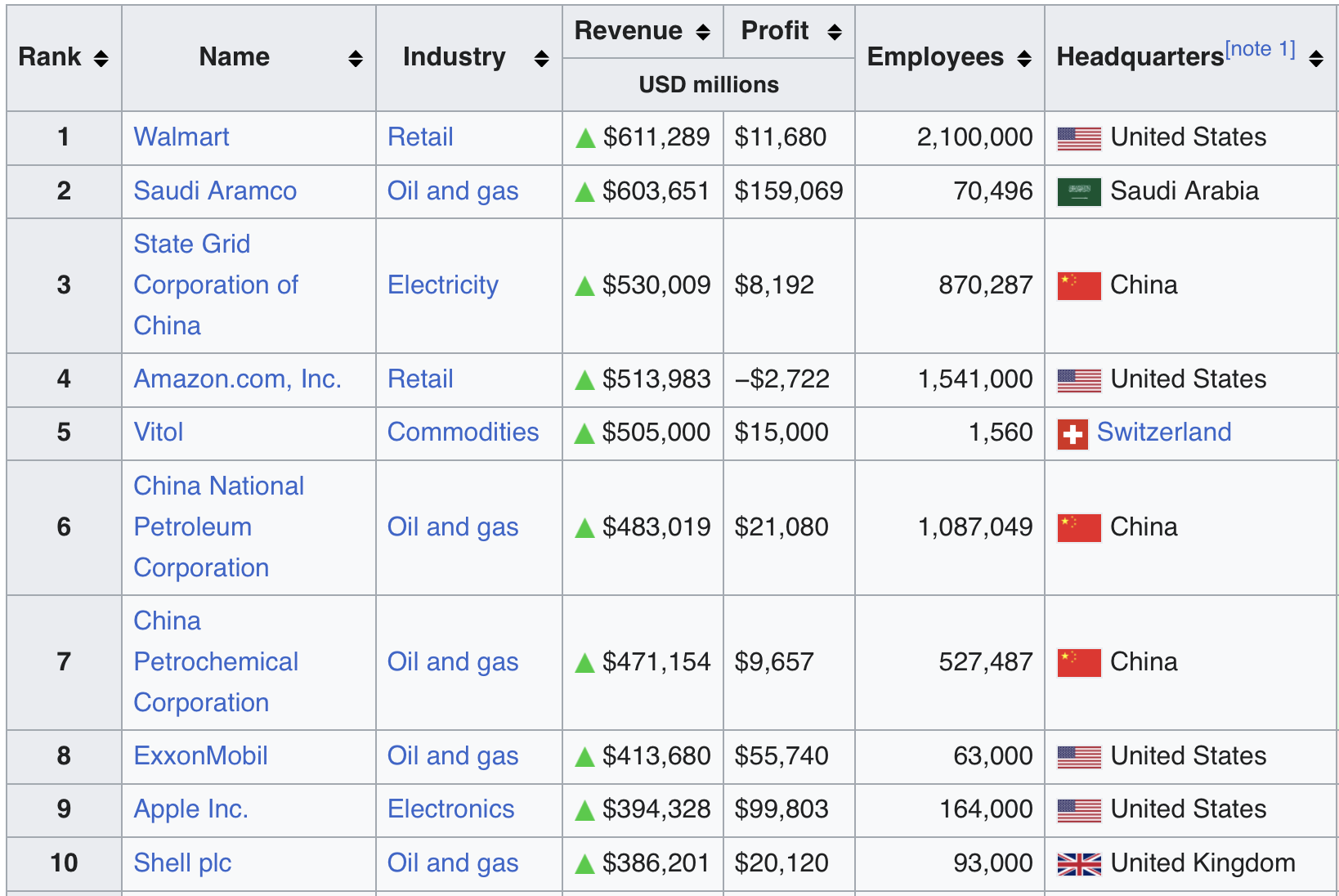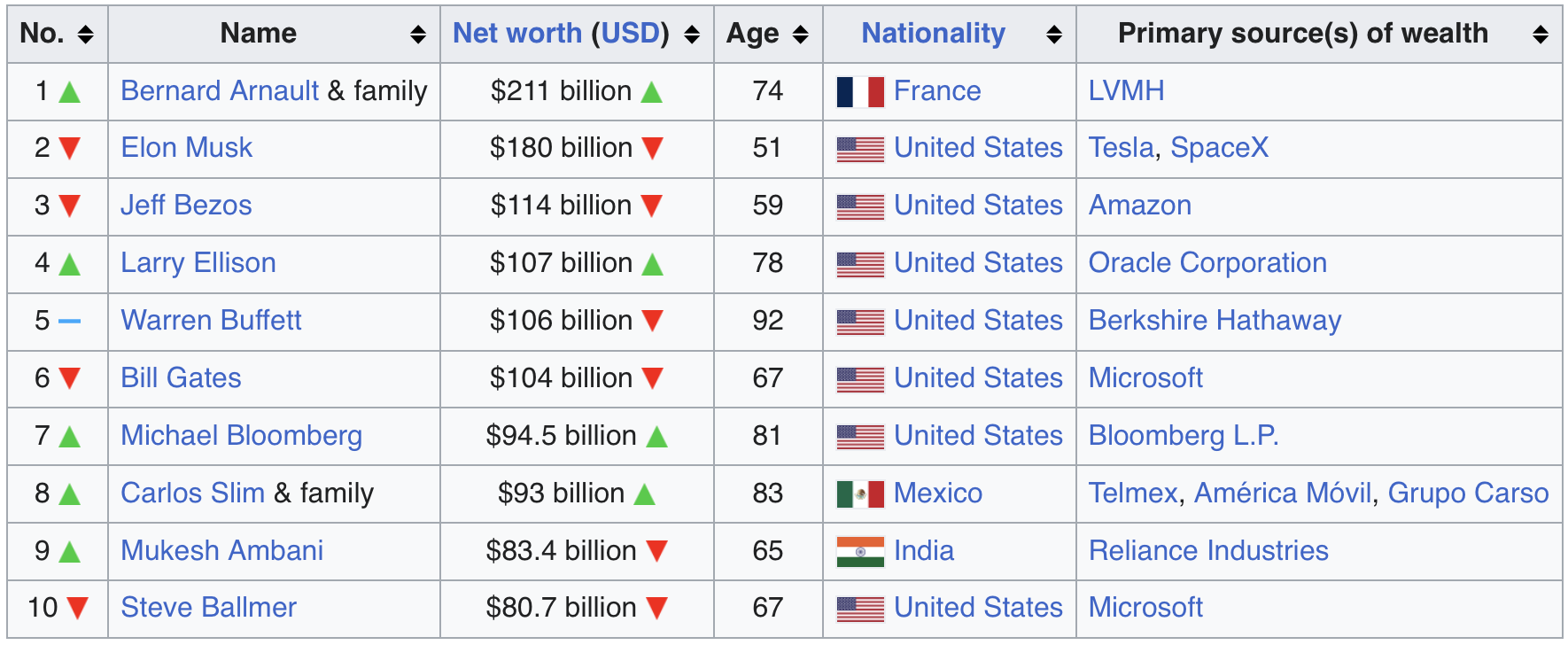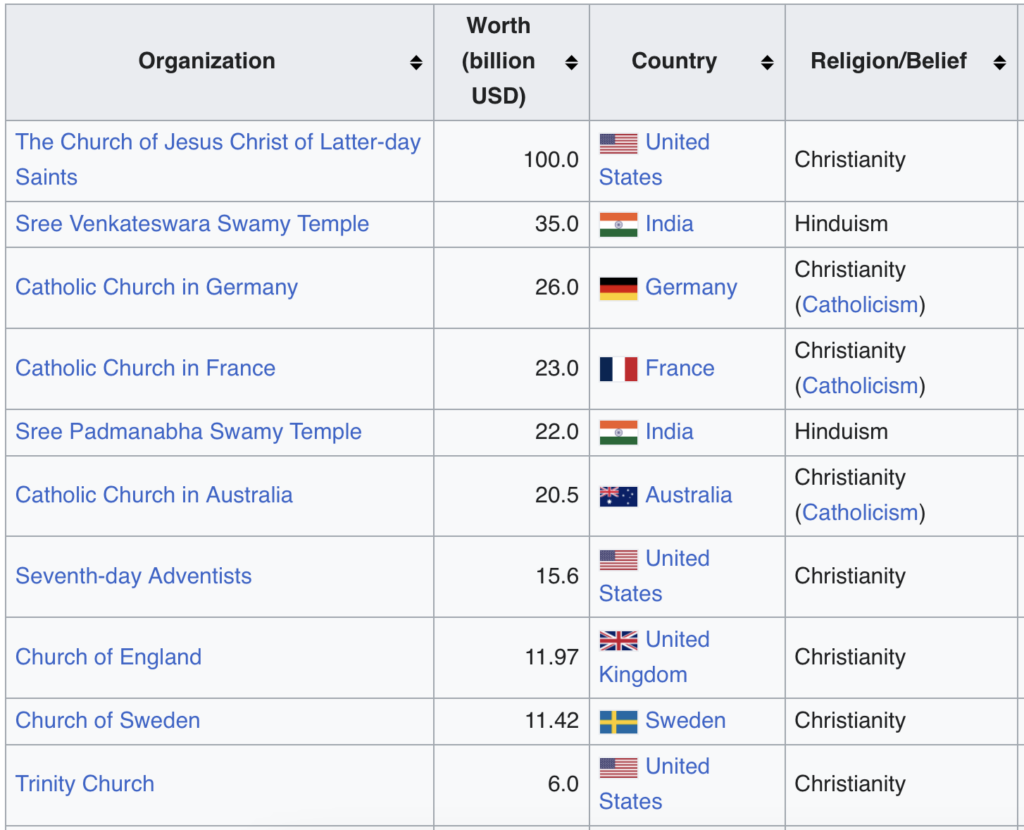I was thinking about the difference between the things people say and what they actually do. For instance, they will say they are for equality, compassion, freedom of choice and so on, and in reality they just want to be seen supporting the popular things in order to virtue signal in society. So, what they actually want is not to be socially ostracised and isolated, they want to be popular and they want to have as much power and influence as possible.
Also, they say that money doesn’t matter, that love is everything, but on a practical level they will despise people who don’t have money, they will envy those who do, they will buy all sorts of trinkets in order to augment their social status, and so on. Hypocrisy is a significant factor, and so I can’t really take people’s word for it. Instead, I’ll use a different approach – see what people actually do on an empirical level. People will say that money doesn’t matter and you shouldn’t value people according to how much money they have, but the problem is that money is invented exactly as a measure of value. What else would I use? Saying money doesn’t matter in assessing how much people value someone is like saying I shouldn’t use a meter to see how big a house is. I’m definitely going to experiment by taking a look at where the money goes and assess people’s priorities in life based on whom they made rich.
Here’s a list of top ten companies by revenue:
So, it’s retail and online stores, energy and fancy computerised gadgets.
Let’s see who the wealthiest individuals are:
How did those people make all that money? There’s an empire of luxury goods, there’s one guy that sells fantasies about clean cars and going to Mars, one has a big online store and sells server space, several got rich on computer software, some successfully invested money, and one can imagine all those oil companies from the previous list made some people very rich, but curiously they are not on this list, probably because they are too wealthy and want to stay behind the curtains. There’s also that idea that religions are super wealthy, so I looked into that, too:
Surprisingly, whole religions representing beliefs of vast numbers of people and having all kinds of clergy to support pale in comparison with the wealth of individual billionaires, which brings us to the obvious conclusion that luxury goods for wealth-posturing are a greater priority for people than religion, statistically speaking, and judging by where they put their money.
I am trying to exclude anomalies such as the insurance industry and American health “care” from analysis because they don’t tell me much, other than the fact that America is based mostly on fraud of some kind, and most of that milks people for money; the fact that the insurance companies are getting rich means they are finding ways to eschew payouts, which means fraud. There are also huge conglomerates that own all kinds of real estate, that are conspicuously absent from those lists, and pharmaceutical companies that are incredibly wealthy, and also hidden from sight for some reason.
However, let’s say that people put most of their money in housing, which makes the banks, insurance and real estate companies rich. They buy cars and consume lots of petroleum products. They consume food and hygienic products. They buy smartphones and computers, and consume telecommunication services. Also, and quite disproportionally, they buy luxury goods in order to show off, and the interesting thing is that they all do it, and especially the lower and middle class, because the companies that service only the rich people aren’t featured on those global wealth lists – you need to cater to the average in order to be there. You see, everybody owns smartphones, everybody consumes energy, pays for housing and transportation, and buys food and hygienic products. Also, obviously, everybody buys LVMH products. They are advertised as “rich people things”, but obviously average people are the main buyers of “rich people things”. It also seems that Rolex products are mostly bought by the middle class, as it’s an aspirational thing.
Religion does feature in all this, but when you understand how many members they supposedly have, how much actual money they work with, and how much it must cost them to pay for the clergy and the expenses, they simply can’t compare with the incredible wealth of the people and companies that sell them ordinary worldly goods. The Mormons seem to be an exception, but other churches simply pale in comparison with individual billionaires, let alone the huge multinational corporations.
Many things are hard to see from those lists, but one can guess – for instance, gambling, gaming, entertainment, alcohol and drugs are huge business, that possibly outweigh most of what I already mentioned. Education must also feature somewhere, but it’s usually categorised as student loans, which enriches primarily the banking sector.
So, if we summarise, people pay for housing, cars, fuel, food, hygienic products, electricity, telecommunications, technological gadgets, medical costs, education, luxury goods, religion, vice and addictions. They will go to great lengths to present themselves as members of a higher social class, to the point where they will debt-finance luxury purchases, such as cars, trinkets and bling, and I should also probably include travel to fancy destinations and housing that’s too expensive for what they can actually afford. In addition to that, they will go to social media and show all of that off, and waste time trying convince others that they are happy.
In addition to that, 56% of Americans can’t cover a $1,000 emergency expense with savings. Some polls report even worse findings, such as the SecureSave, whose study found that a 67% of Americans don’t have enough money saved to cover an unexpected $400 expense. The implication is that even those families that are seemingly well off, judging by the size of their house and the cars they own, are running a very tight budget – their house is financed by a mortgage loan, their cars are either leased or financed, and they buy everything on credit cards, and juggling with monthly payments. If anything goes even a bit wrong, they are too stretched financially to be able to respond. They all look wealthy and prosperous, but the only ones who are actually wealthy in this pictures are the banks giving them loans, and the companies selling them stuff they can’t really afford.
The conclusion is that social posturing is so important to humans, that they will almost invariably choose to overextend themselves financially and put themselves in a position of stress, suffering and high financial risk just to keep up with the neighbours and show off a false facade of success, and this seems to apply more to the low and middle income brackets; the truly wealthy people seem to care less about showing off their money, and statistics show that the most common brands of automobile driven by American millionaires are Toyota, Ford and Honda.
Also, one in six Americans is on antidepressants. Millions are consuming opioids. When we add cocaine, alcohol, marijuana and other addictive substances, it is apparent that almost everybody in the West is addicted to something nasty, and it’s not because they are living happy, healthy and balanced lives. Oh, and I forgot the epidemics of obesity, violence and suicide.
However, when you ask those people what they think the world’s biggest problems are, they will invariably speak about climate change.



